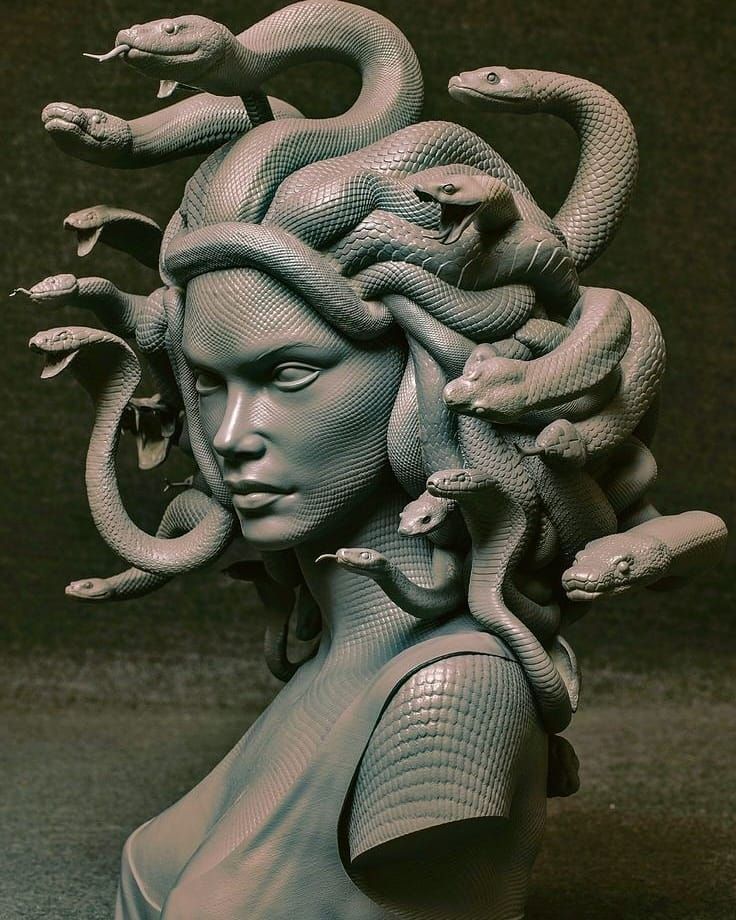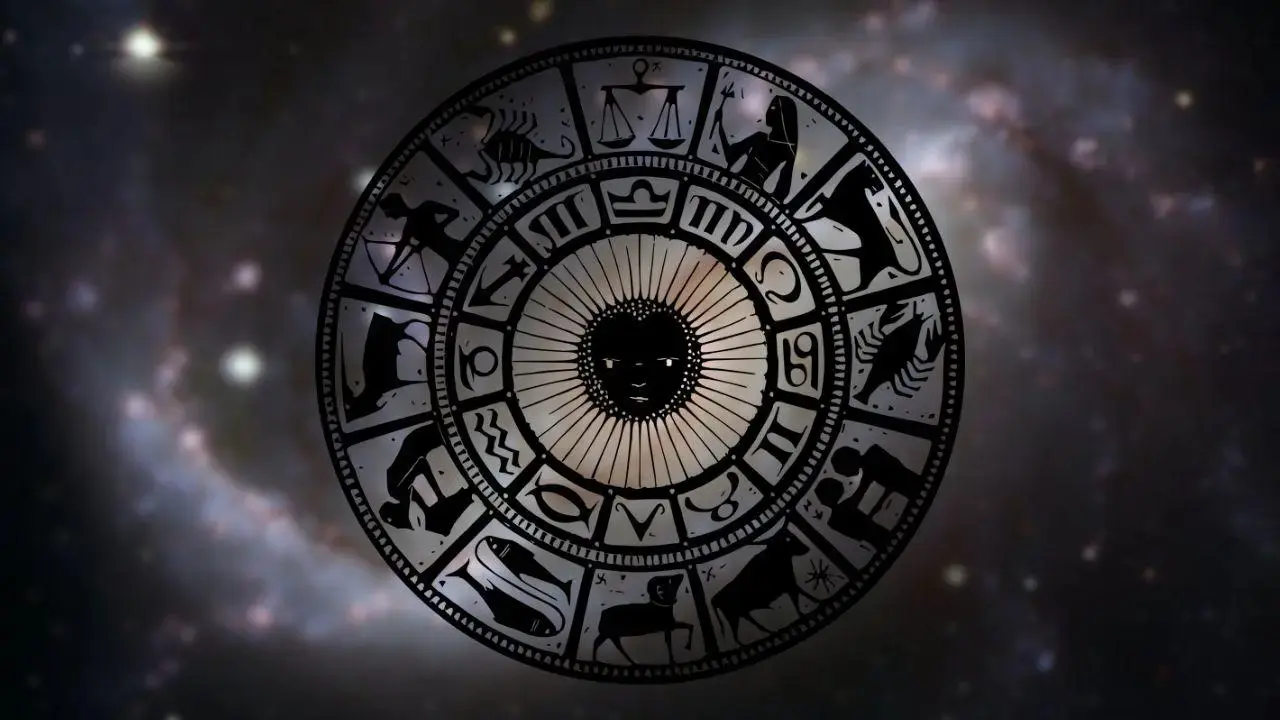
In ancient Greek mythology, Medusa was one of three Gorgon sisters - mortal, snake‑haired, and capable of turning onlookers to stone. She was slain by Perseus, who used her severed head as a shield against enemies .
But the narrative took a darker turn in Ovid’s Metamorphoses: Medusa is recast as a beautiful maiden transformed into a monster after being raped by Poseidon in Athena’s temple, with no punishment for the perpetrator, only for her . This version sparked modern reevaluations of her story.
From the 1970s onward, feminist thinkers like Hélène Cixous reclaimed Medusa - most prominently in her essay The Laugh of the Medusa - as an emblem of suppressed female rage and the power of self‑expression. Medusa has since become a potent cultural icon: symbols of female anger, resilience, and resistance against patriarchal narratives .
Artists from Sotheby’s catalogue to modern fashion (like Versace’s logo) have used her visage as an apotropaic symbol - intended to ward off evil - and as a statement of defiant femininity .
Once branded a cursed monster, Medusa today stands as a cultural icon of empowerment, challenging us to confront injustice and reframe stories told about women.
Tags:
Post a comment
Why buffaloes are more than just an animal in Indian...
- 05 Aug, 2025
- 2
Onam : Kerala’s faith, unity, and cultural legacy!
- 04 Sep, 2025
- 2
People worship a haunted bullet in this temple of Rajasthan!
- 01 Aug, 2025
- 2
Daily Horoscope for Monday, September 8, 2025!
- 08 Sep, 2025
- 2
Ujjain's Vikramaditya vedic clock revives India's ancient timekeeping!
- 04 Sep, 2025
- 2
Categories
Recent News
Daily Newsletter
Get all the top stories from Blogs to keep track.

















